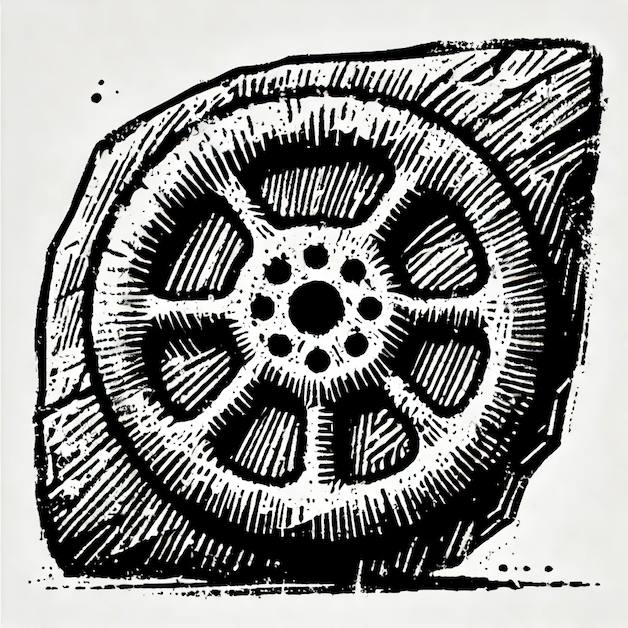Android Archivist: Because You'll Overwrite your .aab and deobfuscation files on the next build...
We needed a CLI tool to help us keep track of our Android release artifacts. Because somewhere between app-release.aab, mapping.txt, three different version numbers, and a panicked upload to the Play Console... things tended to disappear.
The Problem
We kept losing track of our builds. Not existentially — just literally. Was that app-release.aab from version 1.2.0? Or 1.3.0 with version code 15? Who knows. Play Console wasn’t about to help, and we don't commit our android build folders for our React Native projects.
What We Built
A simple tool that we called archivist:
- Grabs your
.aabandmapping.txtfrom the standard Android build outputs - Sorts them into a versioned folder structure like:
archive/com.example.app/1.3.0/16/ - Configurable via
.archiveconfig.json(which we don’t commit to Git because we’re not monsters) - Includes a tiny Python web server so you can browse or serve the files locally
How to Use It
Once you've sourced our little shell function:
archivist 1.4.0 19 com.example.app
That’s it. Your bundle is safe. You can sleep at night.
The Vibe
- We wrestled with
make,ts-node, andCtrl+Cthrowing tracebacks. - We misquoted enough shell variables to build a shrine.
- But we now have a reproducible, portable way to archive Android bits without guessing filenames or repeating ourselves.
If you ship Android builds, and you’d rather be writing code than spelunking through android/app/build/outputs, give it a look. It’s not flashy. It’s not fancy. But it works, and that’s kind of the whole point.
See the source here: https://github.com/AGLFlorida/android_archivist

